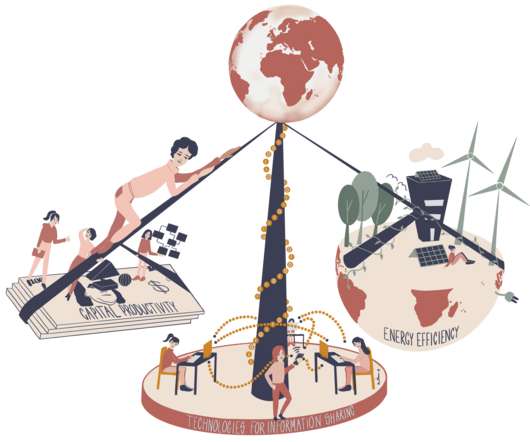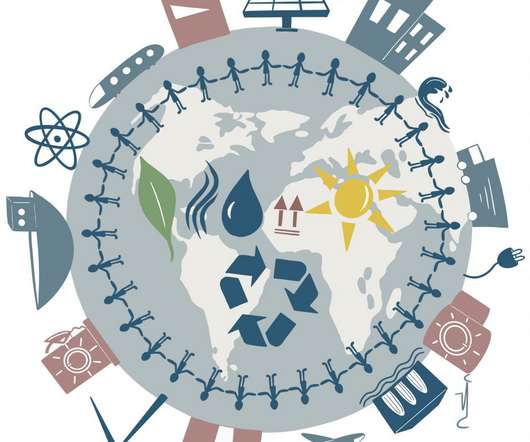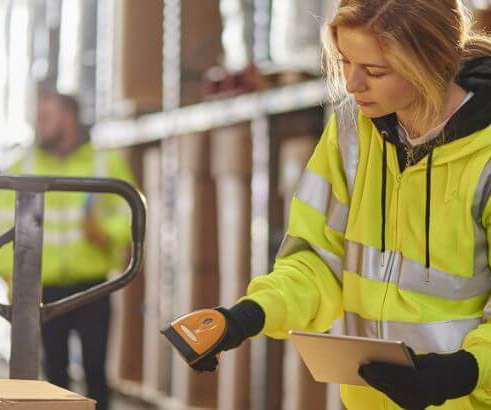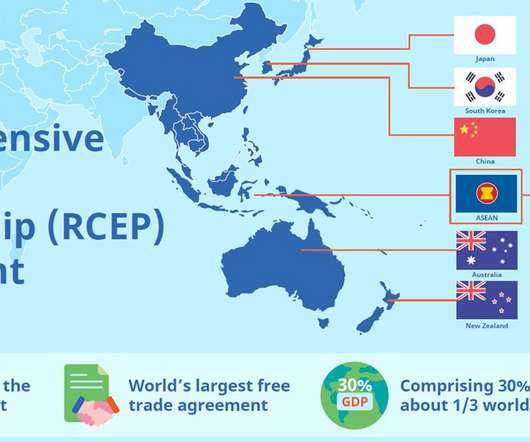COP26: 5Zs that changed the world part 2
The Logistics & Supply Chain Management Society
FEBRUARY 16, 2022
The sector took a seat at the table and participated in concrete initiatives, like the two zero (2Zs) emission initiatives, namely the Global MOU for ZE-MHDVs for zero emission new vehicle sales and the Clydebank Declaration for specific zero emission maritime shipping corridors.
















Let's personalize your content